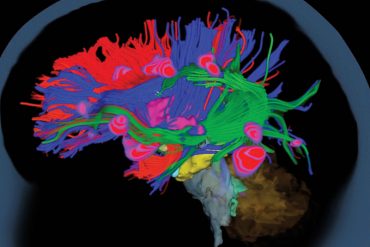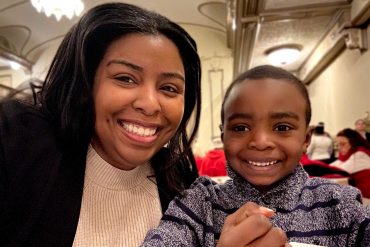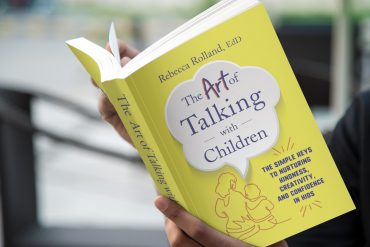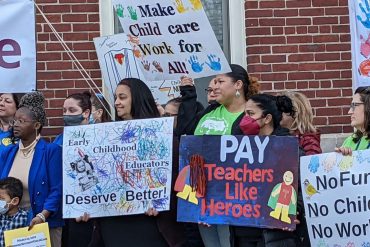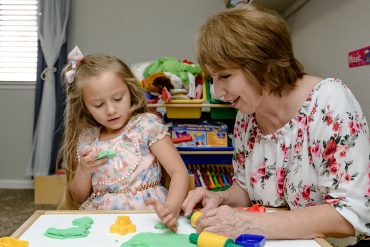Amid the technological hustle and bustle of the University of Washington’s Institute for Learning & Brain Science (I-LABS), one research-assistant position requires a particularly specialized skill set: Toy Waver.
According to the Annie E. Casey Foundation, 3% of U.S. children are in kinship care. This could be an aunt...
Every child has a story. And the BCDI-Carolina’s Marketing & Communications Manager explains why—in order to improve all children’s learning experience—it’s incumbent on all of us to listen to their stories and know how to share them with others.
Play Is a Child’s Search for Meaning: Q&A with Brenda Fyfe
Part 8 in “Seasons of Play” Series
To learn more about play’s place in the Reggio Emilia approach, Early Learning Nation magazine spoke to Brenda Fyfe, dean and professor emeritus of the School of Education at Webster University.
Rebecca Rolland’s The Art of Talking with Children: The Simple Keys to Nurturing Kindness, Creativity, and Confidence in Kids explores...
Partnership for America’s Children Nurtures a New Generation of Advocates and Leaders
5 Ways Millennials Push for State and Local Policy Change
Marquita Little Numan took the helm of Partnership for America’s Children last August, just a few weeks before the Executive...
What if, as a counterpart to public school districts for children five and under, we had “early childhood districts” adapted...
The idea of climate change can seem so huge and impenetrable the temptation might be to panic, distract ourselves or...
On April 26, the Industrial & Labor Relations (ILR) School at Cornell University hosted a webinar titled “Equity in Focus:...
When Venicia Gray walked into her OB-GYN’s office in 2019, she asked a direct question: “What are my chances of...
Boosting California’s Early Childhood Capacity
Sacramento Council Member Eric Guerra Fights for Kids
The son of farmworkers, Eric Guerra remembers tagging along with his mother while she picked figs for a dollar per...
OPINION: Federal Programs and Data Demonstrate the Value of Relative and Neighbor Child Care Providers
It's Time for Federal Policy to Do the Same
Family, friend and neighbor child care (FFN)—child care that is offered informally in families and communities by trusted family members...


